I first met Emma, Owner of In the Wool Shed, at Yarnigham in Birmingham a couple of years ago. I couldn’t resist the soft colours of the little indigo yarn cakes on their stall, so we ended up chatting and I ended up buying! Fast forward a few yarn shows to Wonderwool this year – I was delighted to see that Emma is now stocking beautiful natural dyed and printed fabric, ethically sourced in India. It seemed like the perfect match for 100 Acts of Sewing July and I am so grateful for the prize that Emma and her team are offering for week 2, a full 3 meters of the block print/s of your choice!

I took some time to ask Emma about the business and her love of textiles, which shines through whenever you talk to her!
1. Sustainability and slow fashion are at the core of what you do – when and why did this become important to you and your business?
Sustainability has always been important, I can’t remember a time when it wasn’t, I have always used natural dyes, loving the fact that they come from the earth and can return there too. Living and working in India opened my eyes to sustainability, from clay tea cups thrown back into the earth after a refreshing chai, simple things to create tools like sticks for looms, litter pickers – turning waste into something useful. In the west our abundance has made us lazy in many ways, constantly buying new and not fixing things. Seeing the way people live in India with very little material wealth is refreshing, it breaks my heart that they yearn to be like us!
“Slow Fashion” is a more recent term, thrown into the spotlight after the horrific Rana Plaza tragedy. The working conditions in the clothing industry in India, Bangladesh and other parts of the world are appalling – all in the name of producing cheap fashion for the west. It is time we all woke up to the true costs of every single thing we buy. The pollution, peoples health and earning ability all suffer when we buy fast fashion. It may be cheap but someone somewhere has to pay the price.
Come with me to India, we visit a village called Sanganar, where the rivers run to the colours of the print factories, making the water so dirty as it seeps deep into the ground. Here you see clothes drying on the dusty ground that will be in our high streets. Safina Minney is a big hero of mine campaigning for a better, fairer way to do fashion. On a more spiritual note “slow fashion” feeds my soul, it makes us think about the making process, leads us to consider our role in making and crafting. As a fine artist I discovered that the process became more important than the end product – slow repetitive rhythmic making nourishes us, an antidote to the fast pace of life that consumes us. Also understanding the time it takes to make something. Just think about a pair of hand knitted socks. Good sock yarn is not cheap, knitting time – probably 2 days for a fast experienced sock knitter – such luxury, such warmth from the heart.

2. You seem to have a wonderful softness of tone, texture and colour in your wools that I find very comforting and a bit nostalgic – what inspires your dyeing and your patterns?
I have always used natural dyes, their hues talk to each other, they have tonal depths unlike chemical dyes, which look flat to me. I love the fact that repeating a colour is always tricky. Dependent on the earth that nourished it, natural dyes actually sing with the colours of the earth, so warm and comforting. The world around us inspires me, because colour in any object either organic or something that has been worn away by life is a rich reflection of our own humanness. I design things I love, they are simple and comfortable, giving the yarn a chance to speak. My patterns are generally easy, going back to the rhythm of knitting and slowing down.
3.Tell us about your beautiful block printed textiles….
Cloth is my first passion – I am a weaver at heart. I love the flow of natural fibre cloth. I run
Mindful Textile Journeys to India, and our gorgeous trip to Jaipur includes a 2 day block printing workshops. I have found a wonderful place in Bagru, famous for natural dyes, where they are preserving the ancient method of print making using wooden blocks. The length of the fabric produced is limited to the print beds, around 10 metres. Each 10 metre pieces is block by hand, possibly 2 or 3 times to build a pattern, slow rhythmic, hand made with precision and flaws that give it a life and charm distinct from machine print. After each time the block hits the fabric the printer returns it to the dye, a block size is usually in the region of 15 x 15 cm, the pattern links together to cover the whole piece. To be classified as a master requires 4 generations behind you and the trainees are still learning after 9 years. Skills are taught from one generation to another, it is in their blood!
Hand crafted fabric is a joy to behold, the essence of slow fashion. We started stocking fabrics from Bagru 2 years ago stuffing it in our suit cases to bring home. Our stocks are currently limited but we are looking to develop our range and design our own blocks. For now I have a stock of natural dyed pure cotton fabrics and mud resist, a techniques using literally mud to block before going into an indigo vat.
-
 4. The fabric are so beautiful and work both as an all over print or as a contrast with plain fabrics. Do you use them to make clothes yourself?
4. The fabric are so beautiful and work both as an all over print or as a contrast with plain fabrics. Do you use them to make clothes yourself?
My Mum made clothes for us as children and I made one or two, but haven’t made anything until a couple of months ago. Time is in short supply, especially when my knitting needles have to work so hard so I took myself away for the weekend on my own with my sewing machine and made two dresses! The first in my block printed fabric and the second one, same pattern but with some linen I purchased a couple of year ago. Absolutely delighted and will be making more when I get another chance.

5. You have many strings to your bow, how do you see In the Wool Shed developing?
Ahhh interesting question. The natural dyed yarns – I would like to turn into a co-operative with a small group of like- minded people, freeing me up to develop the fabrics. I want to design my own blocks, and create a range of organic cotton fabrics and work with weavers in India, developing khadi cotton and silk, hand spun and woven cloth.
Thank you so much Emma for being such a generous sponsor!
You can find In the Wool Shed on Instagram, Facebook and their website gives details of their beautiful yarns and textile adventure holidays.








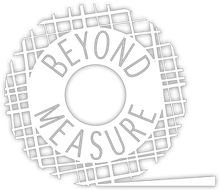
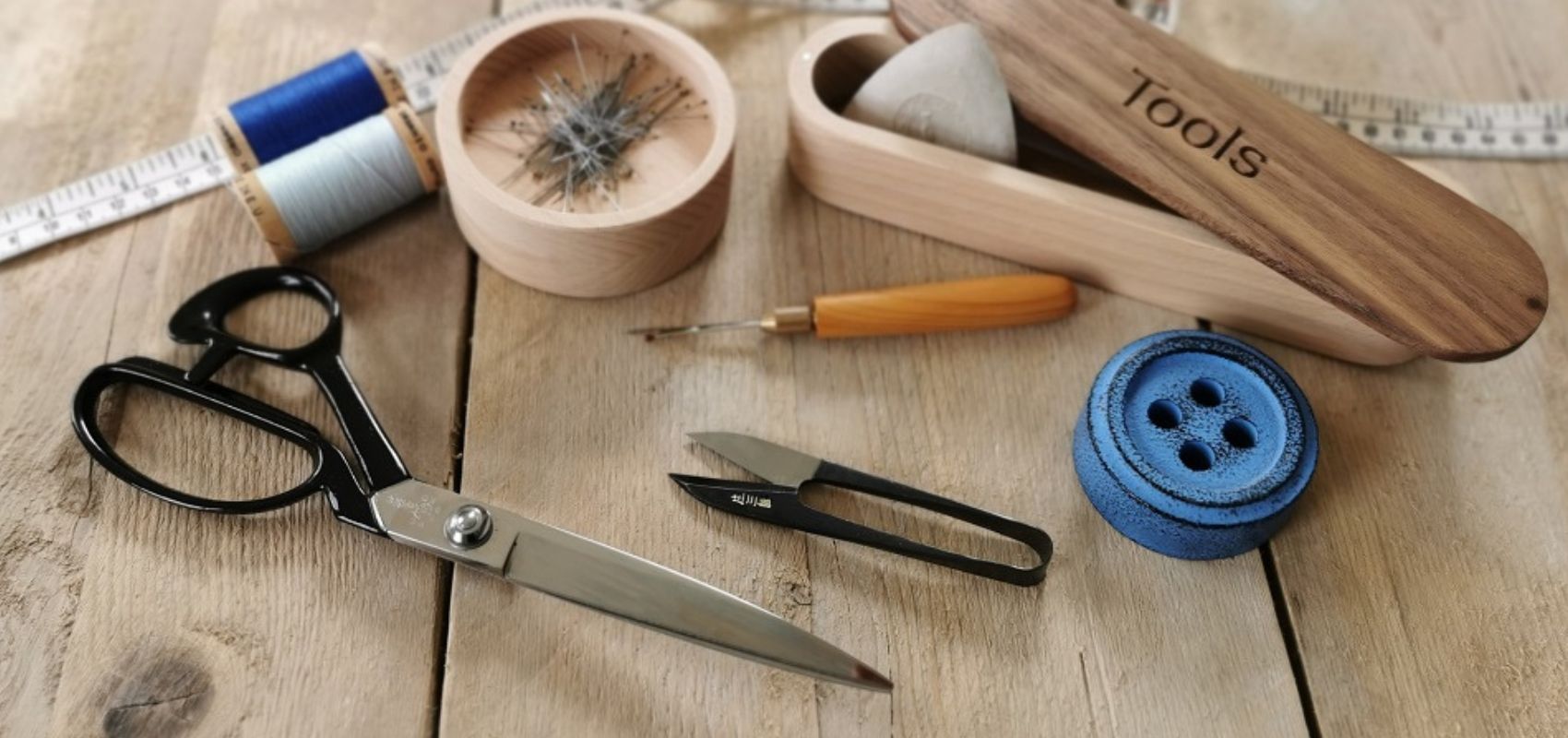
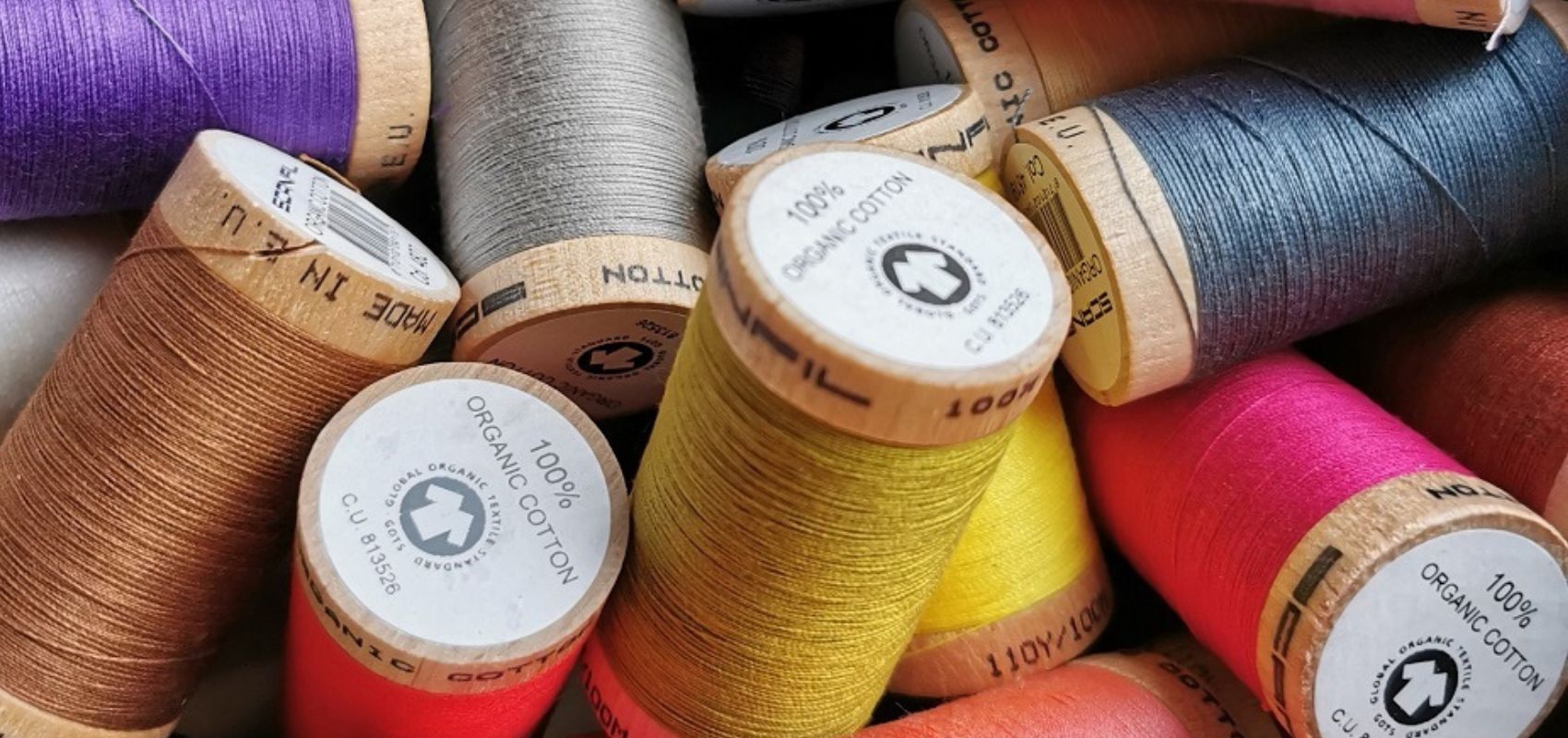
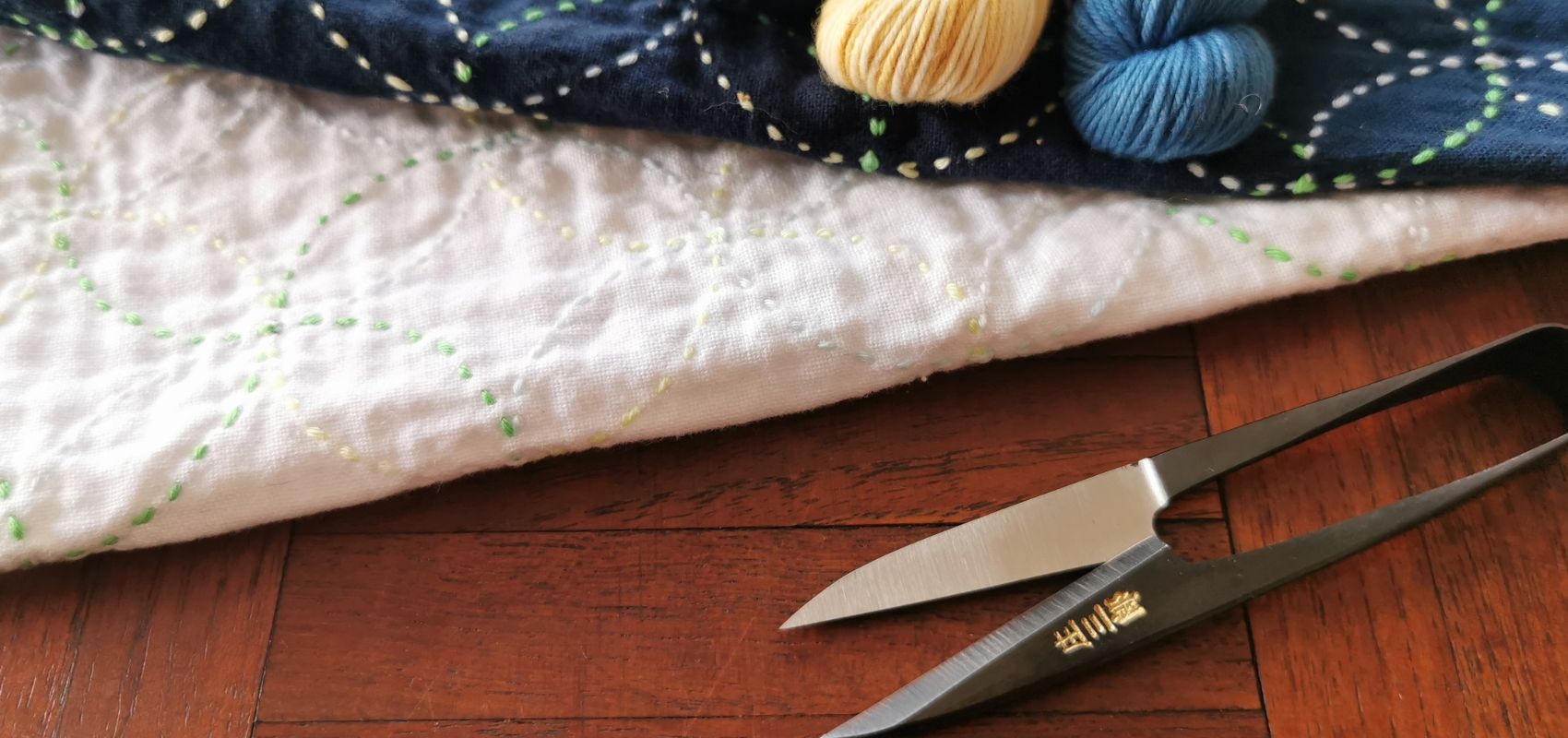
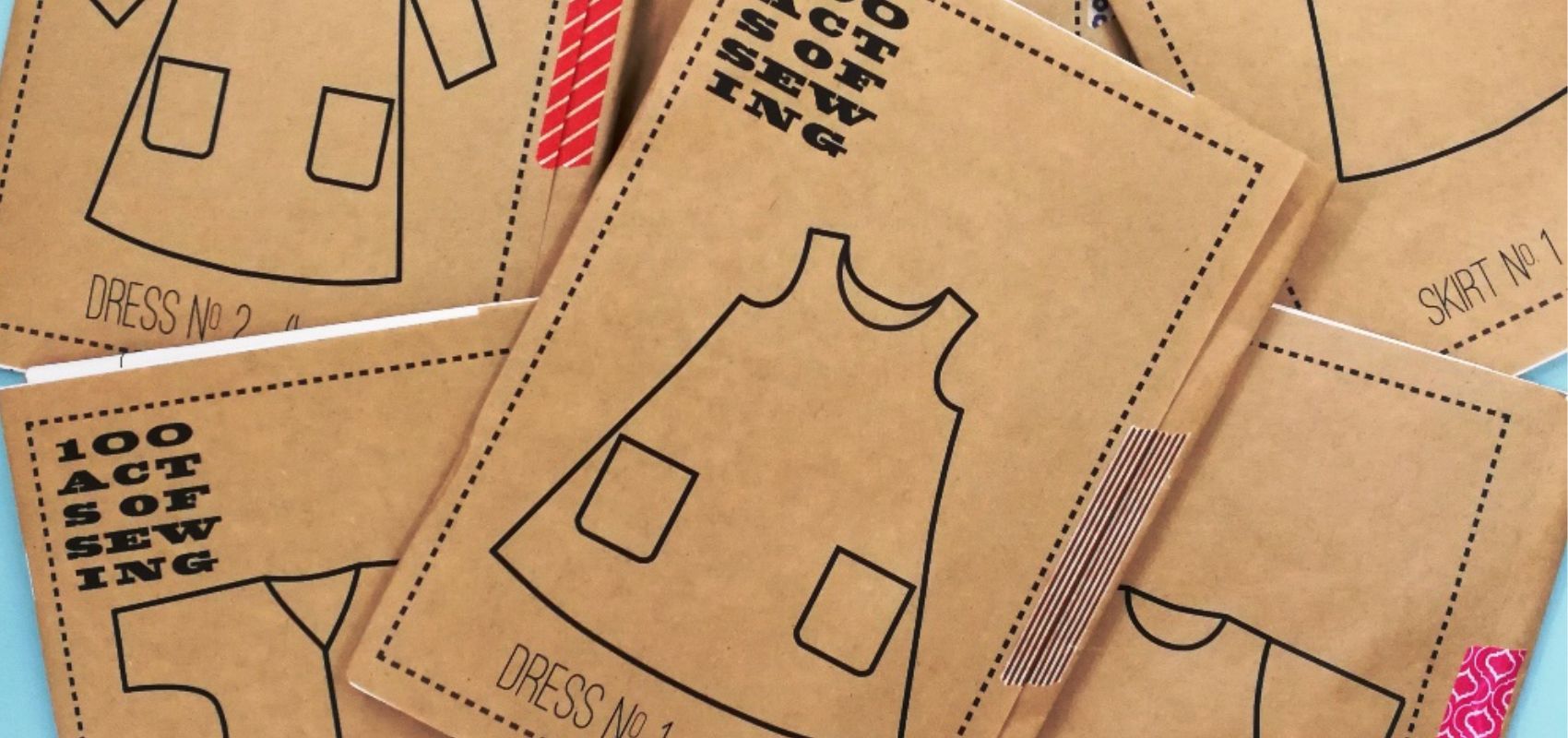
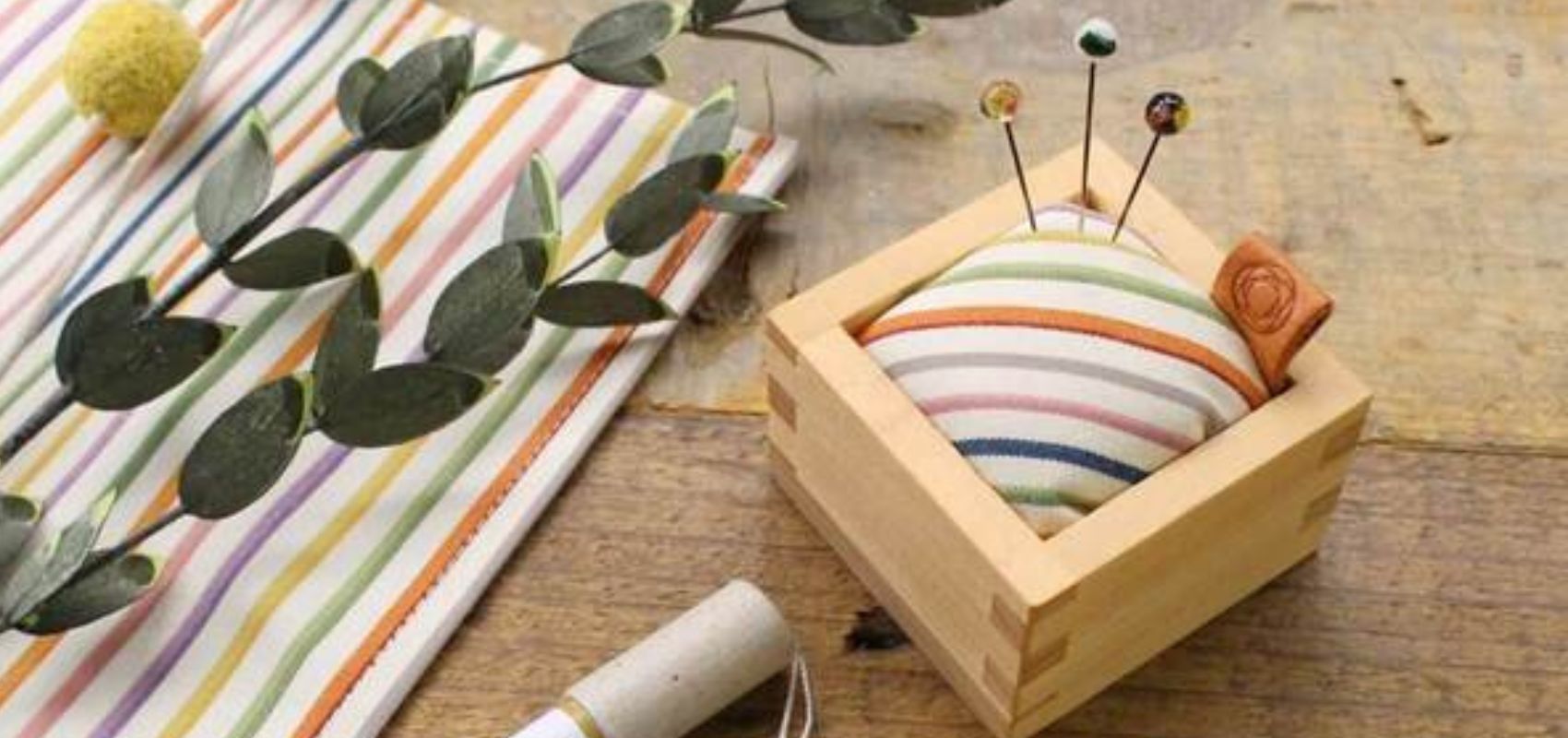
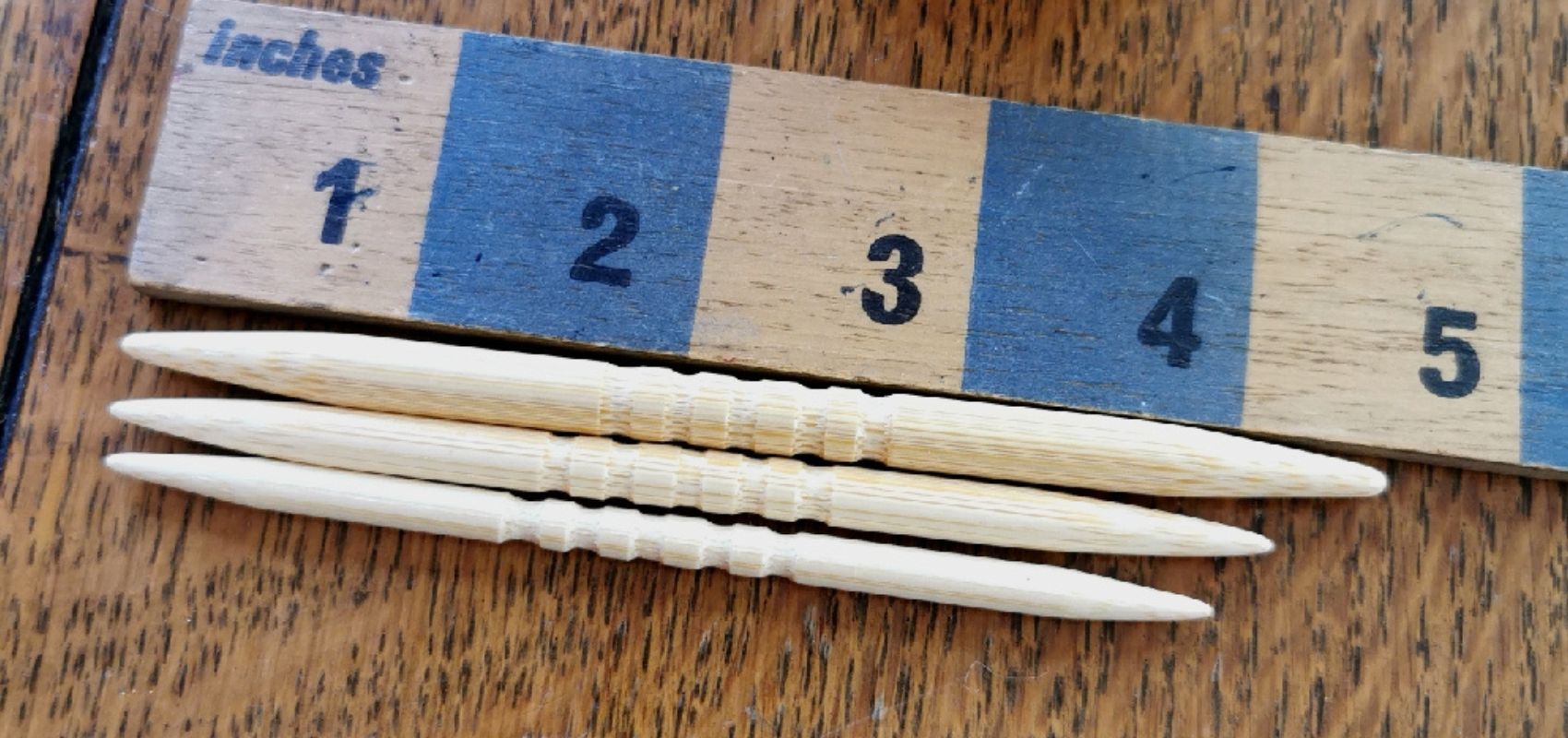
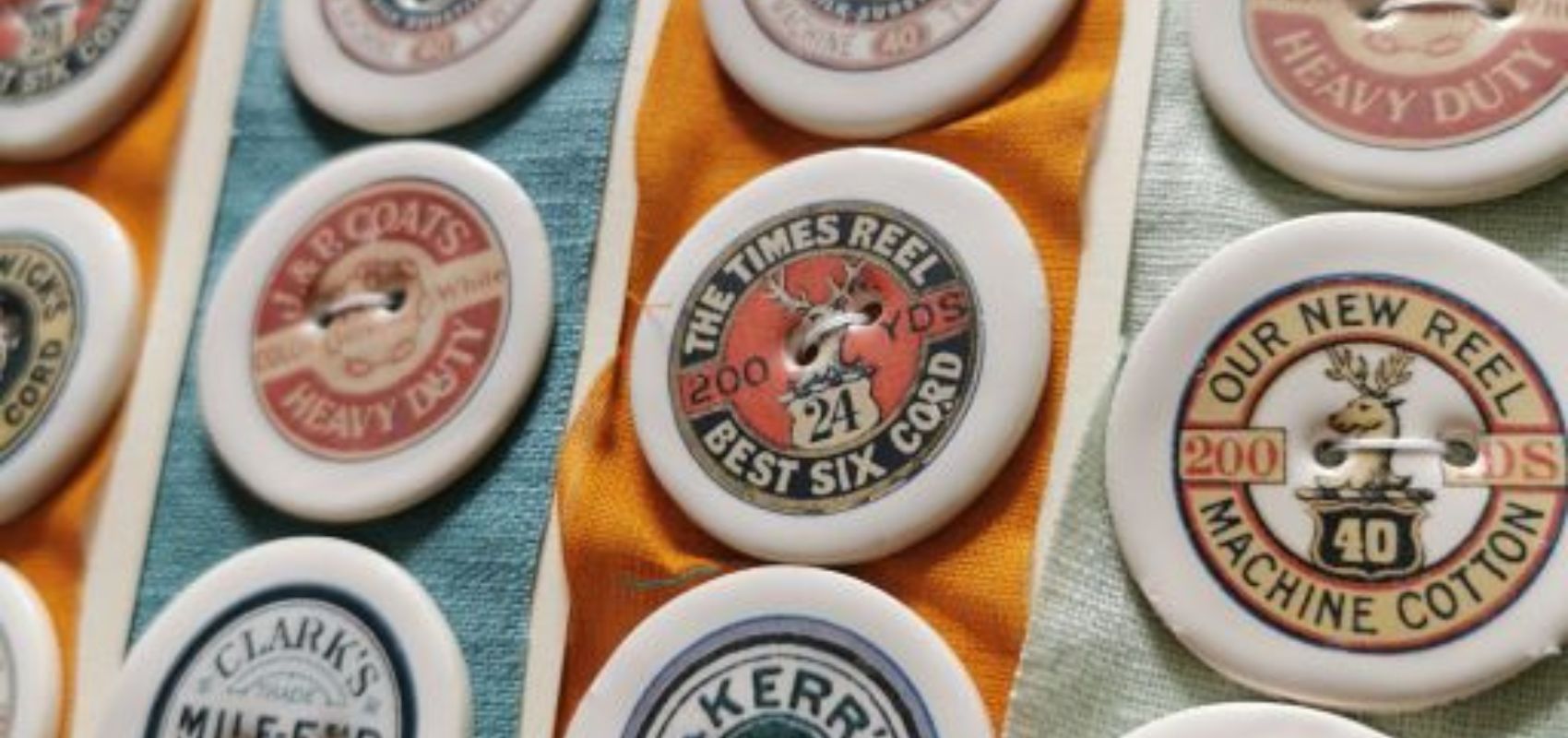
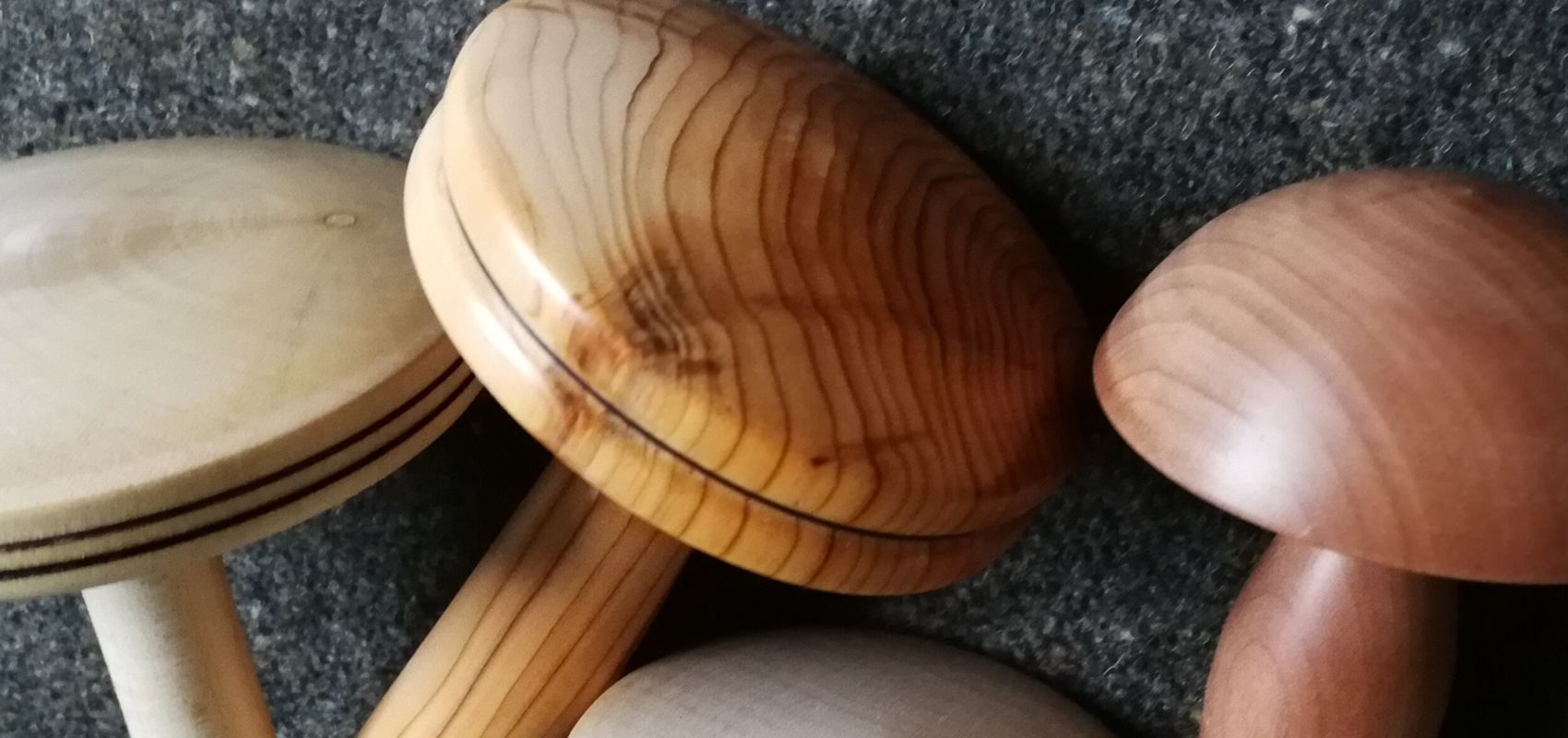
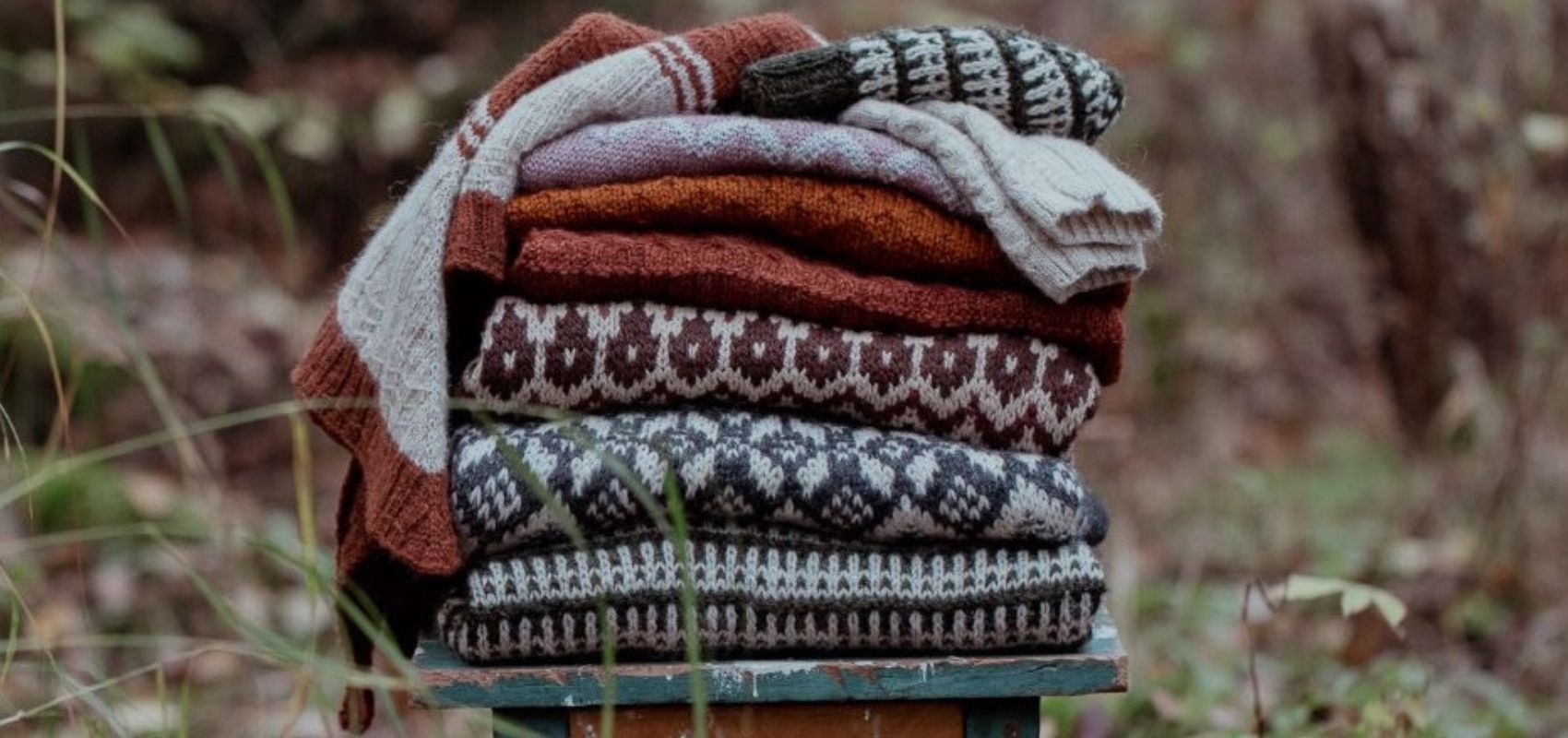
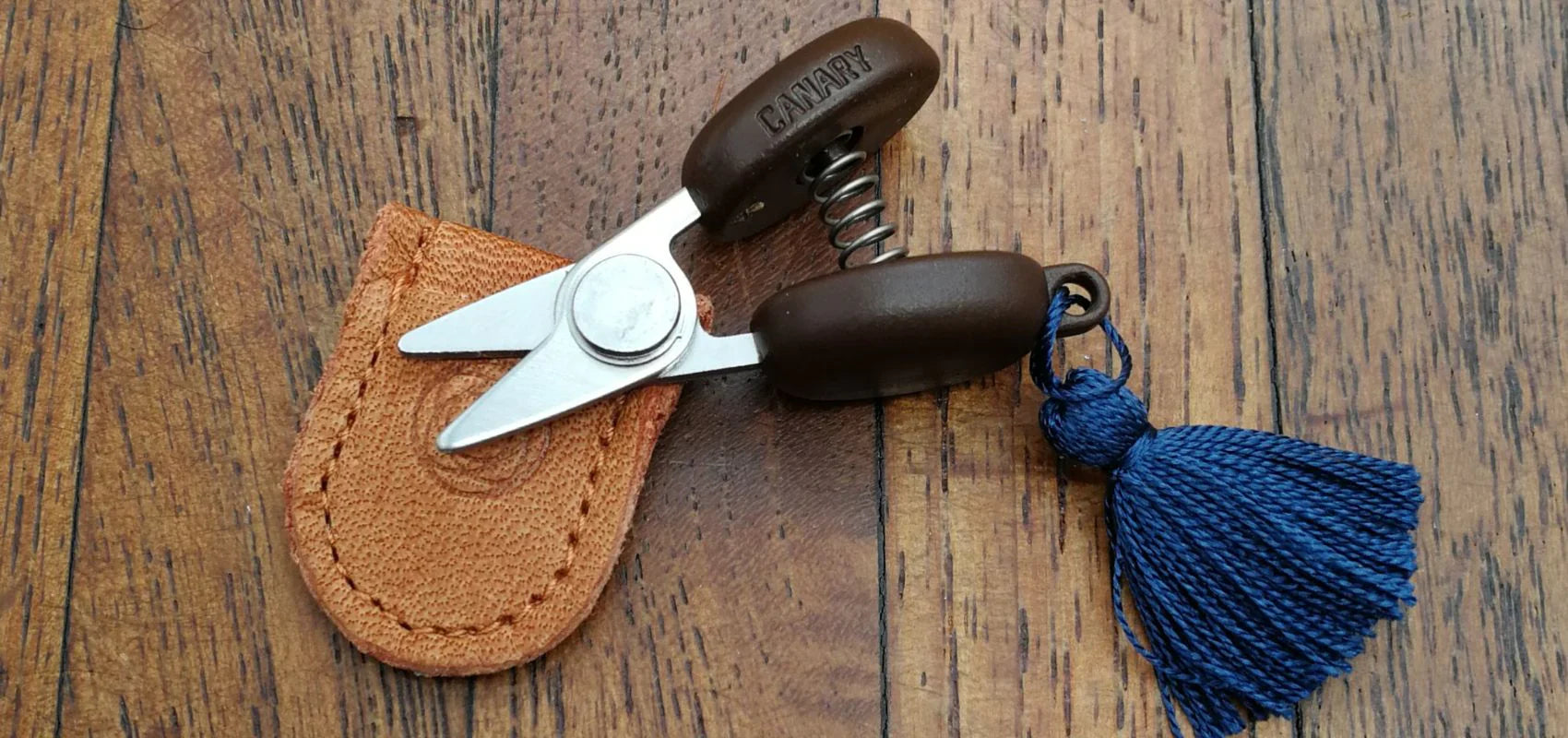
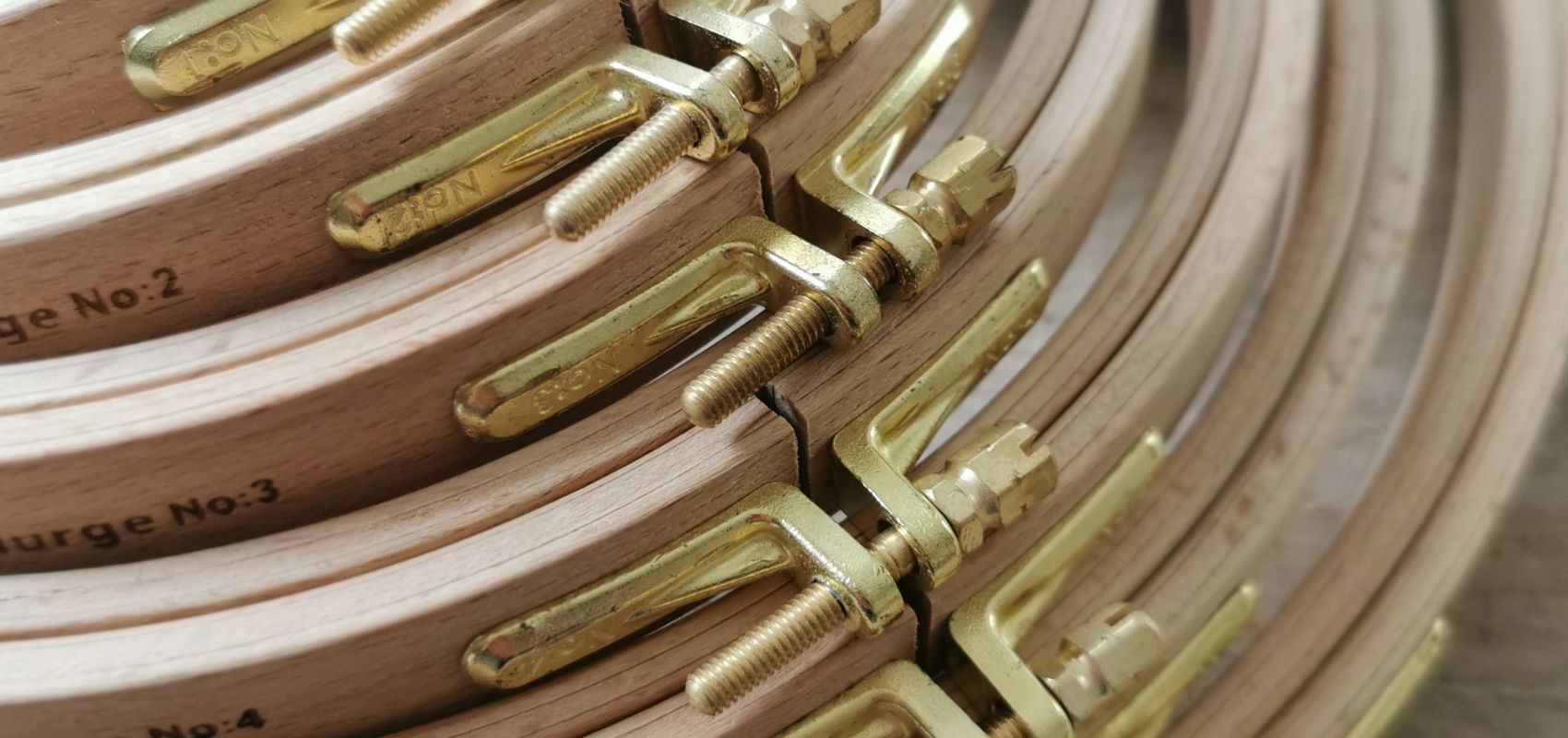
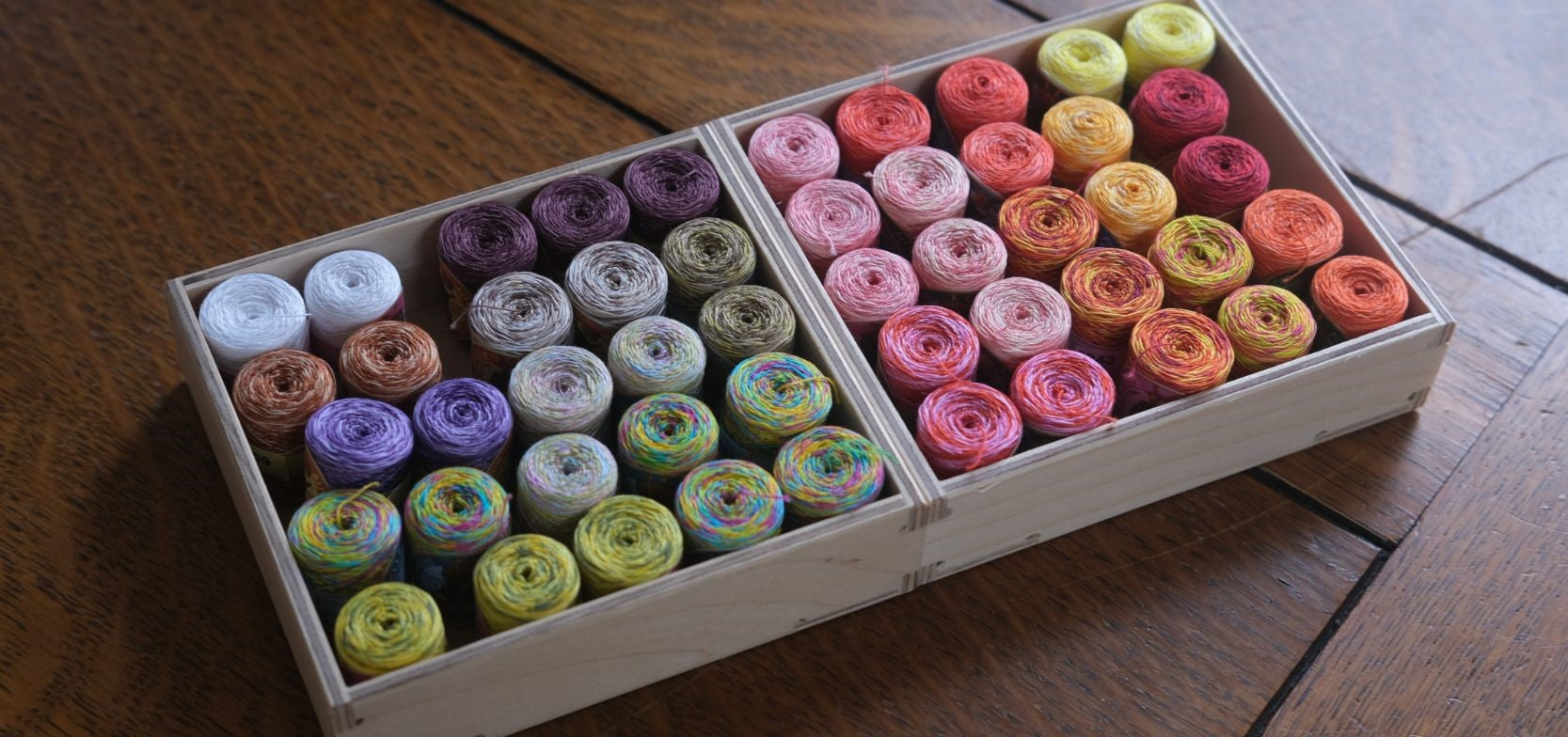
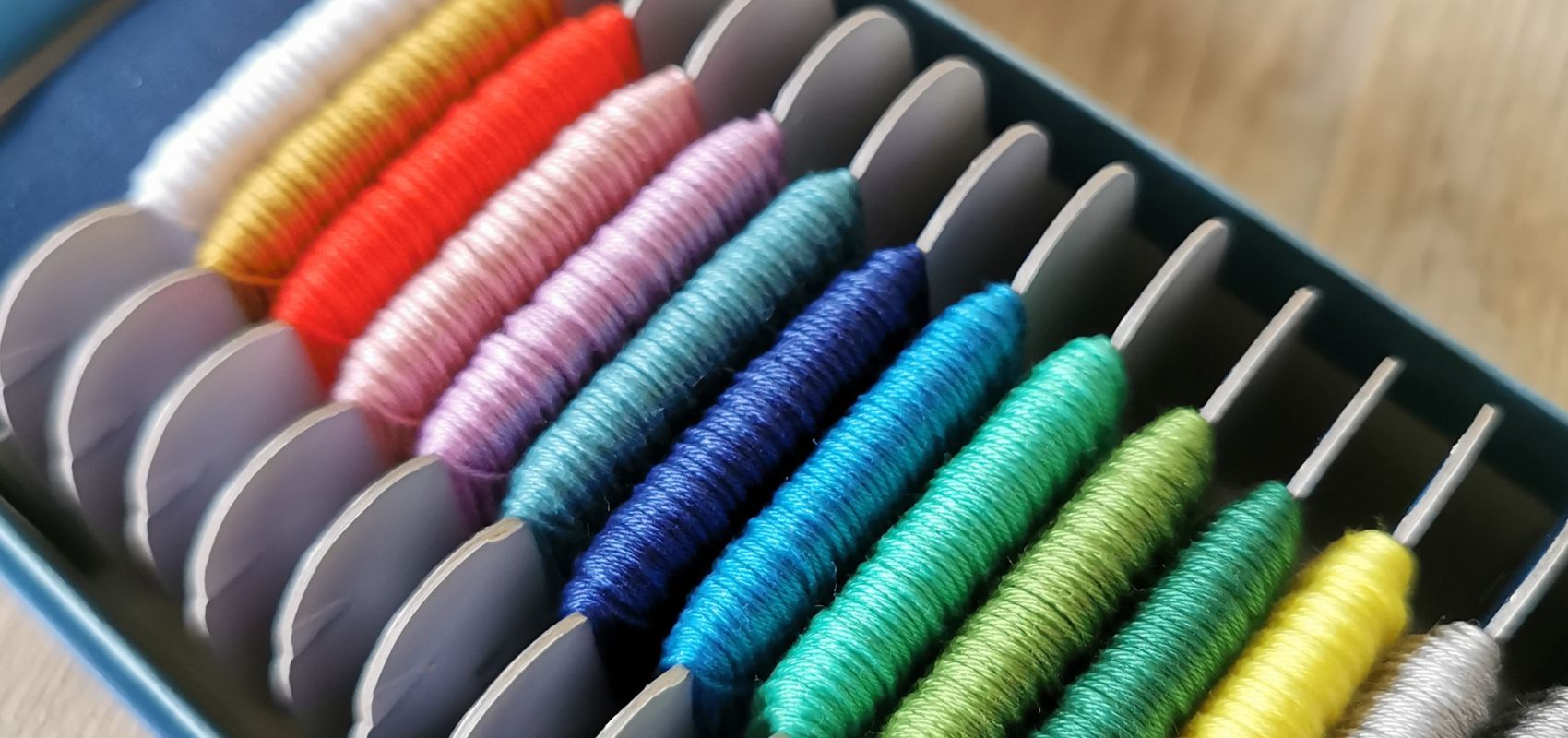
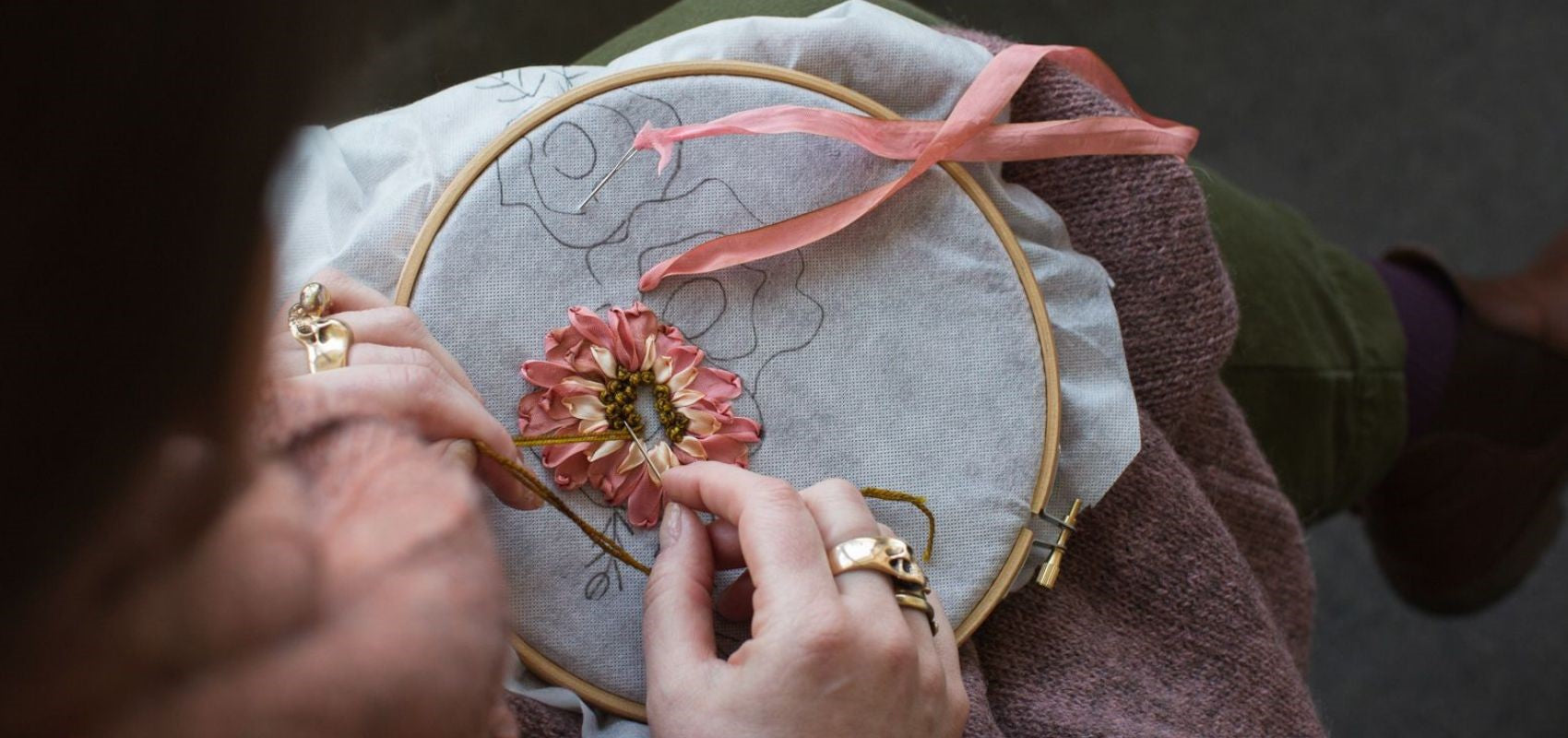
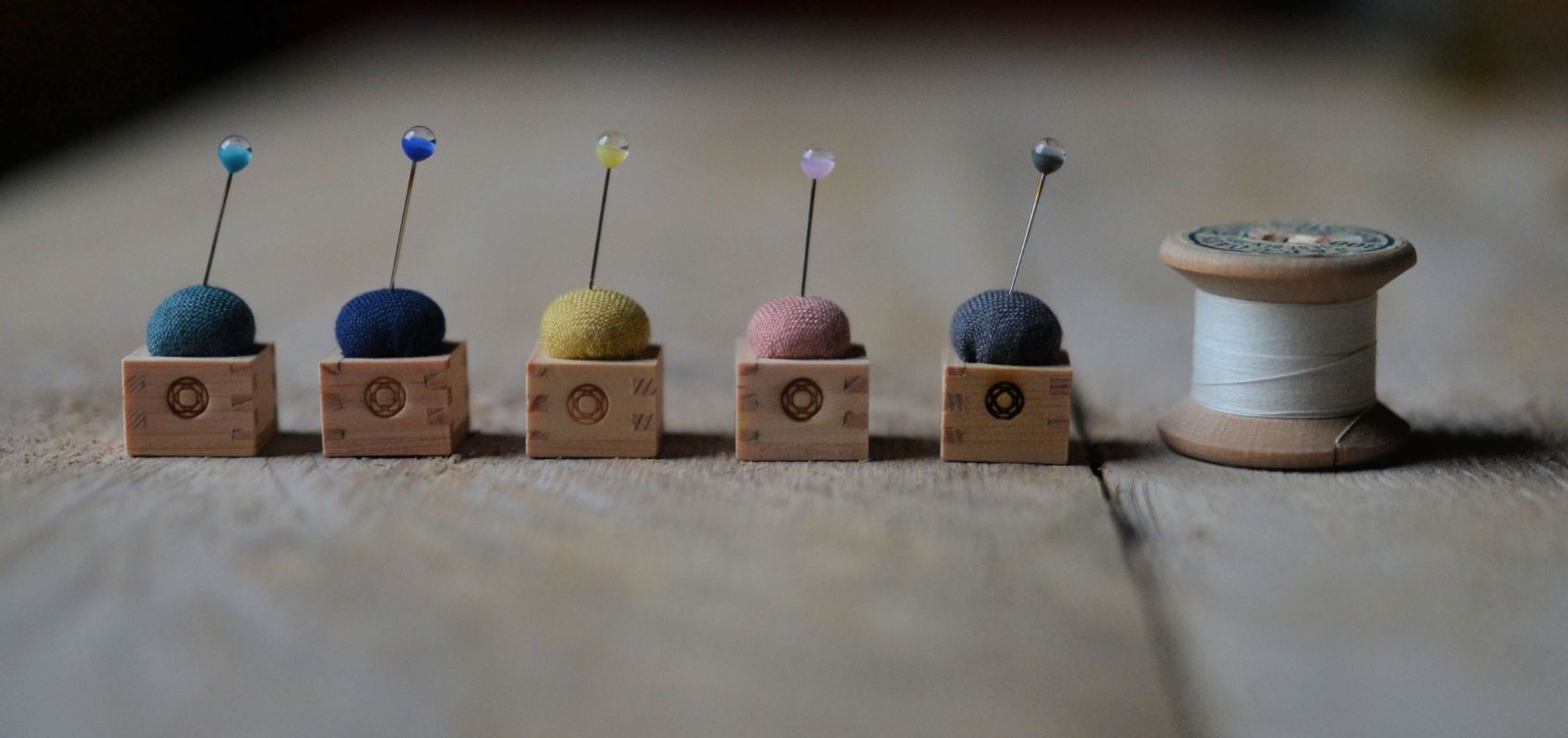
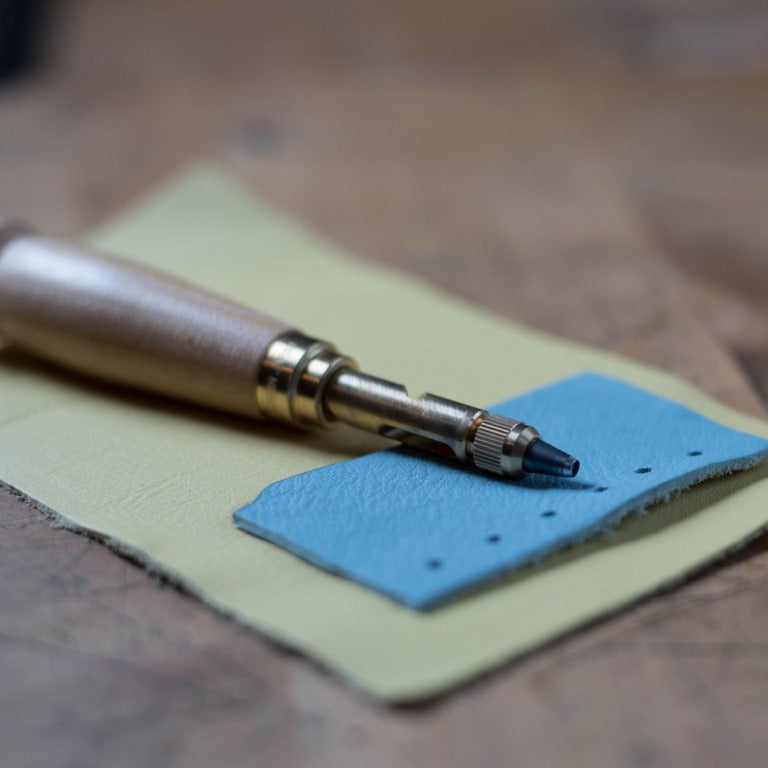
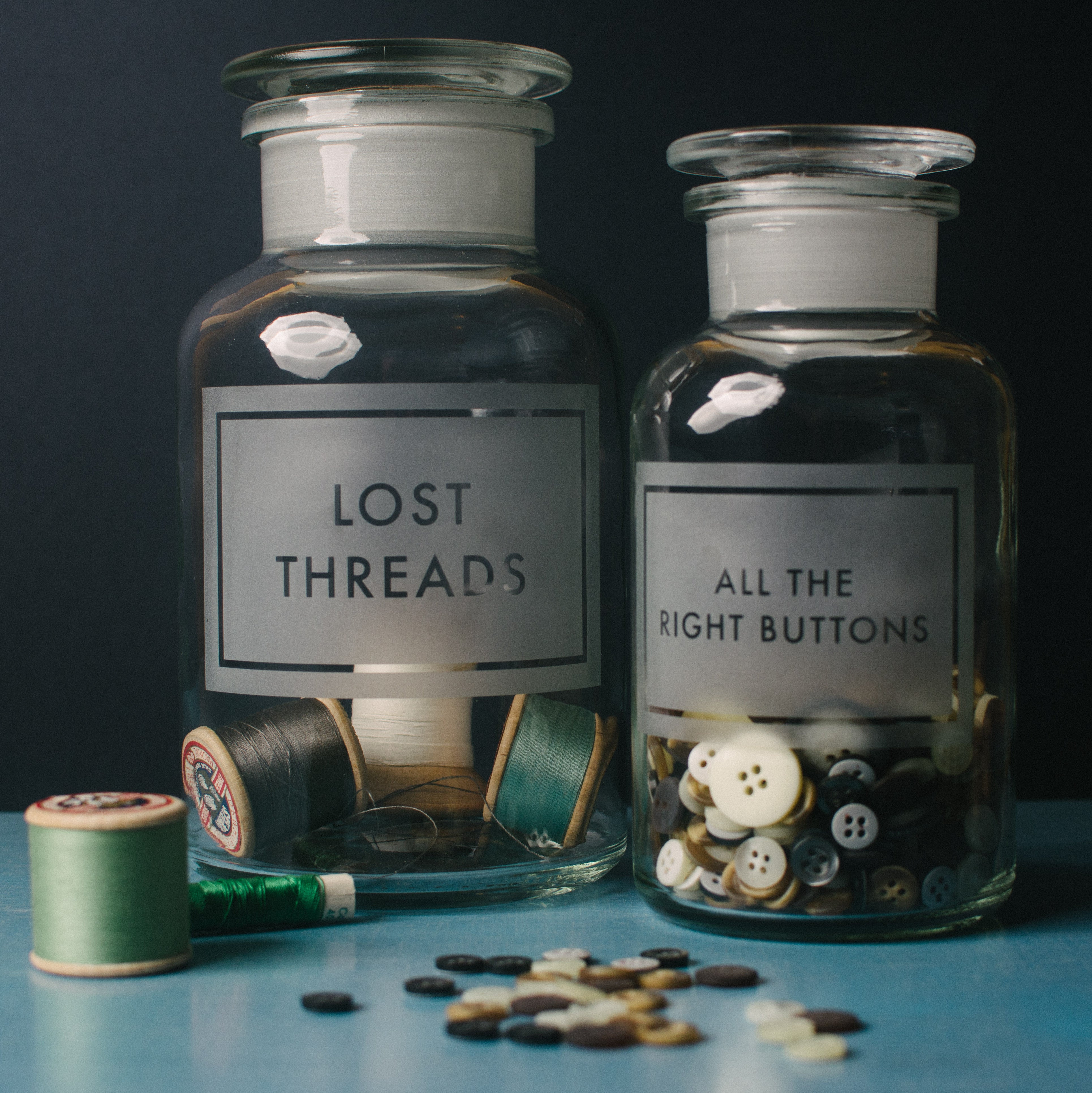
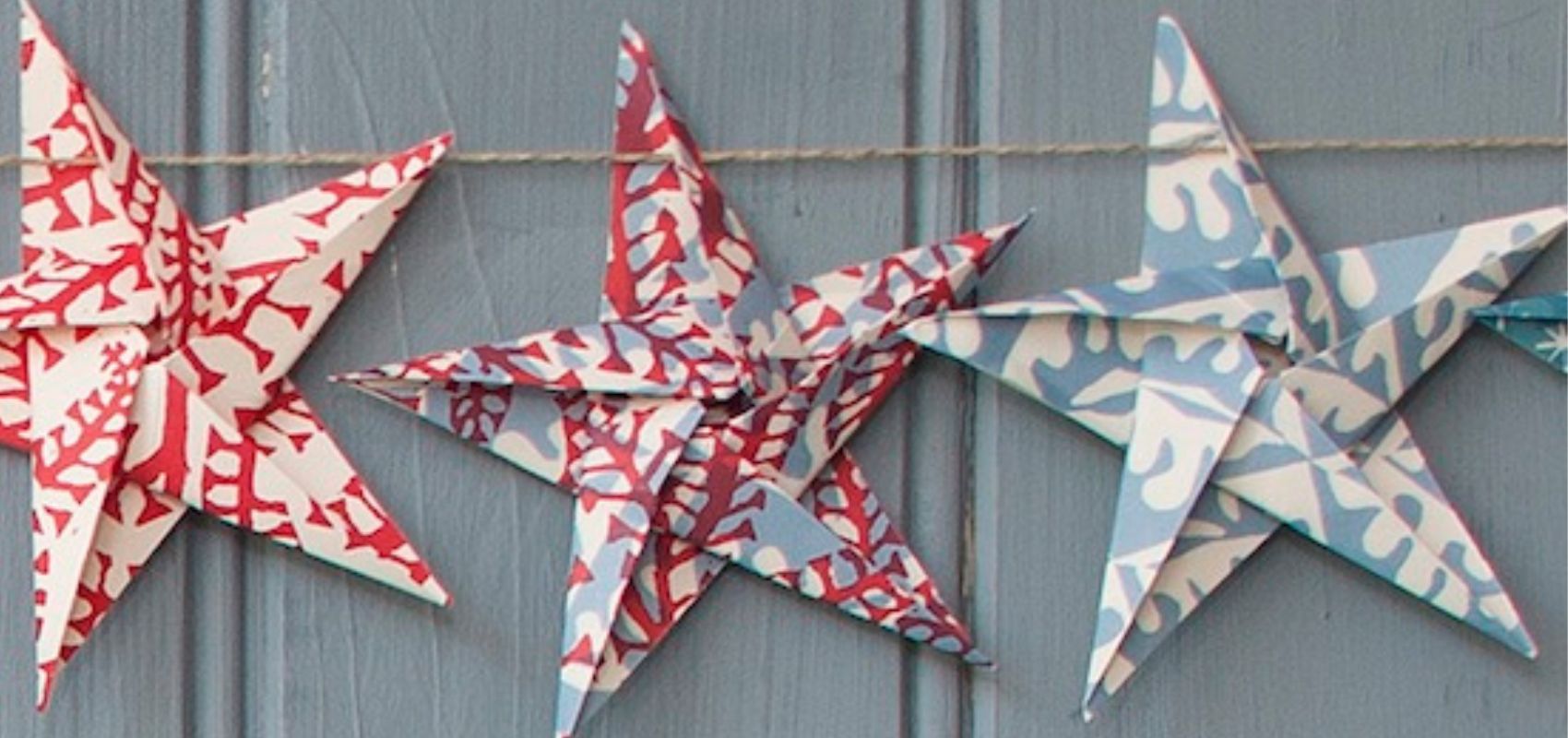
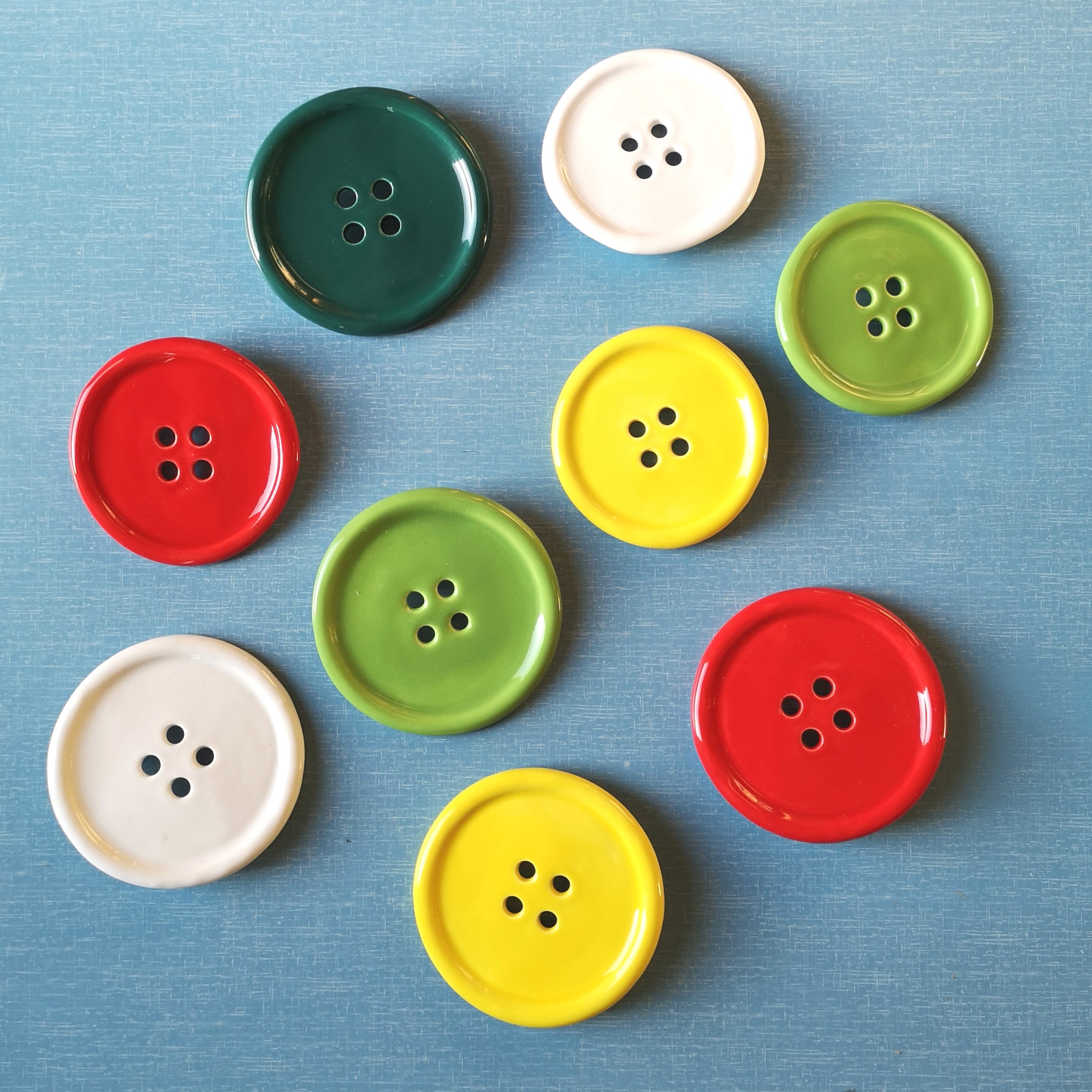
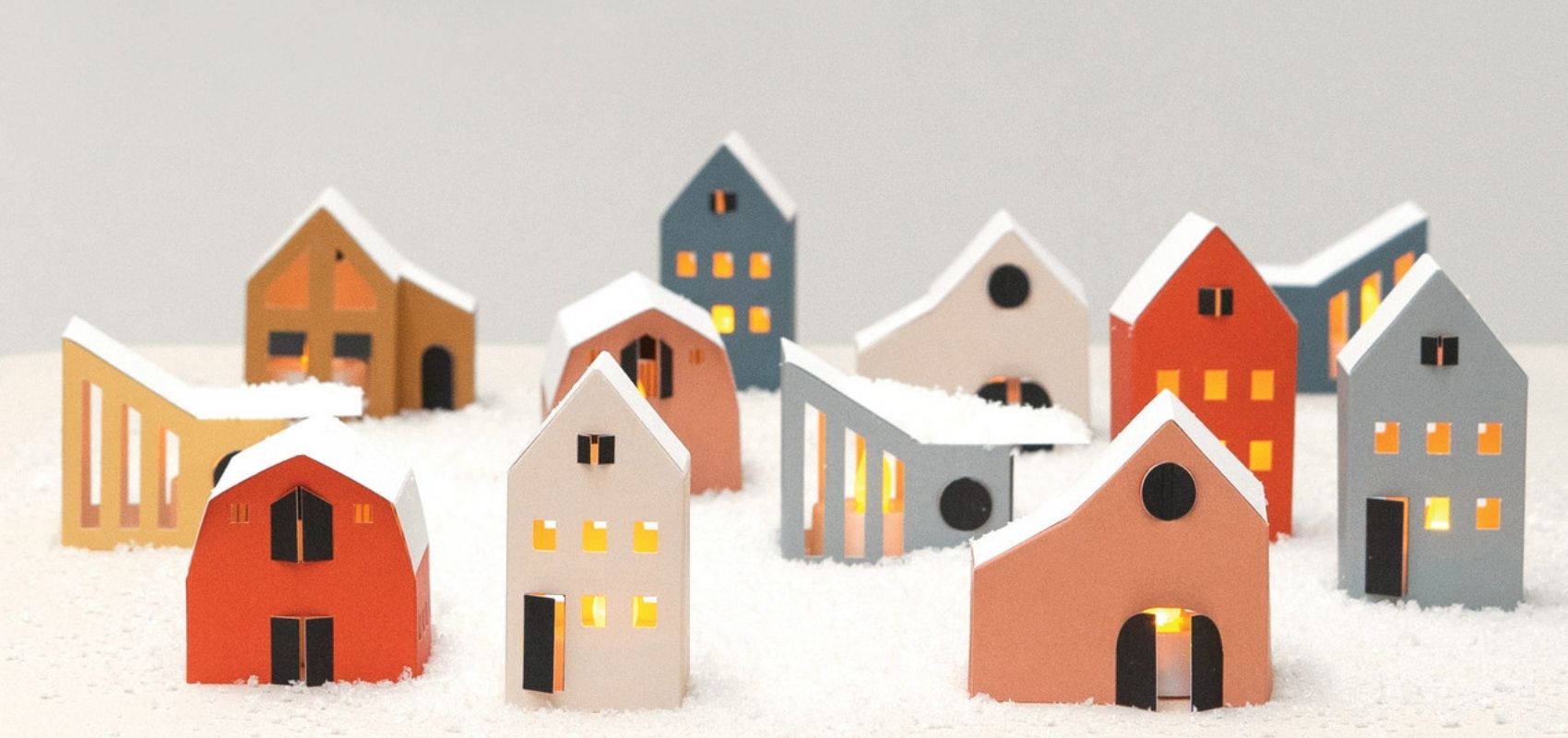


Leave a comment